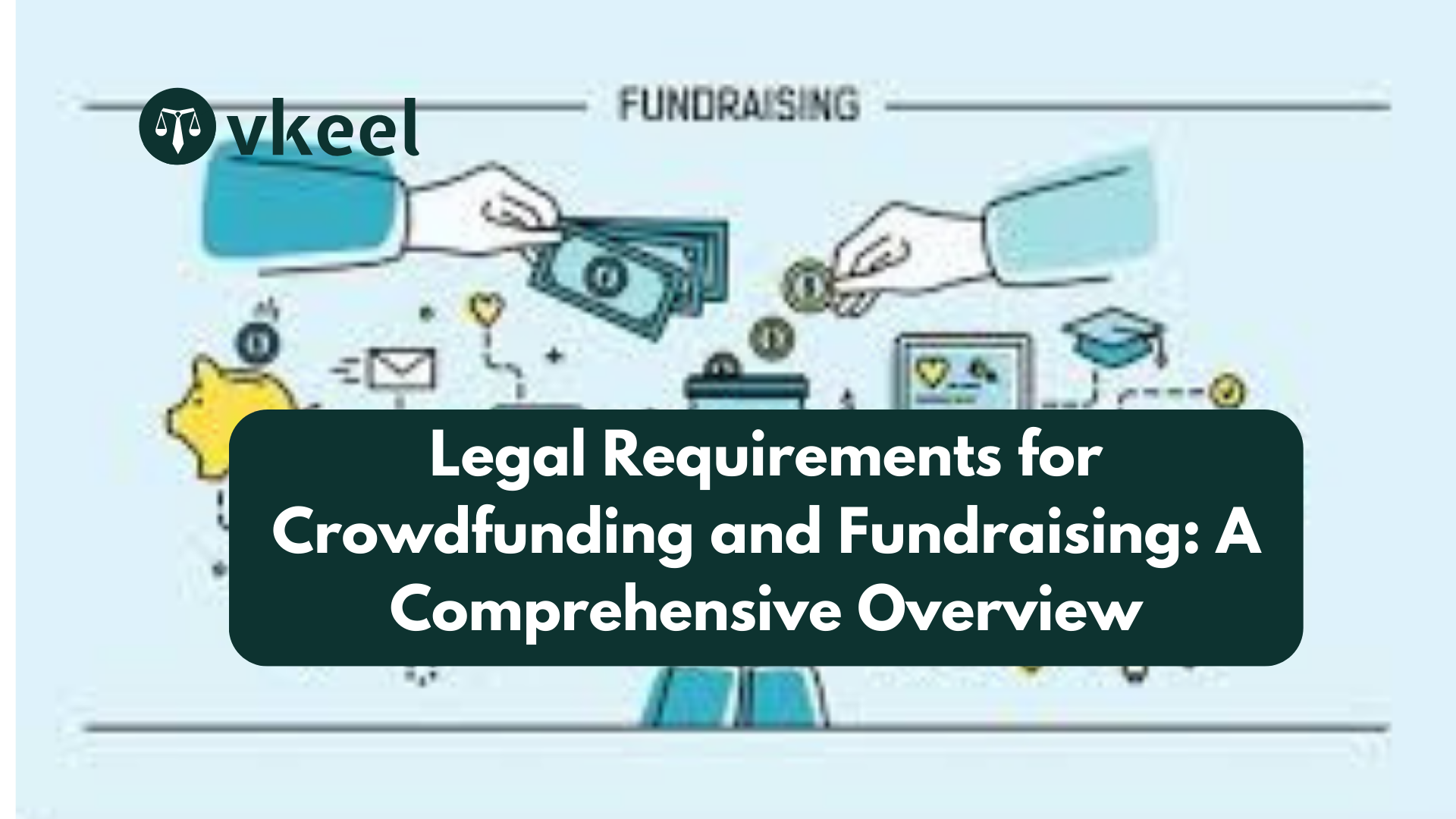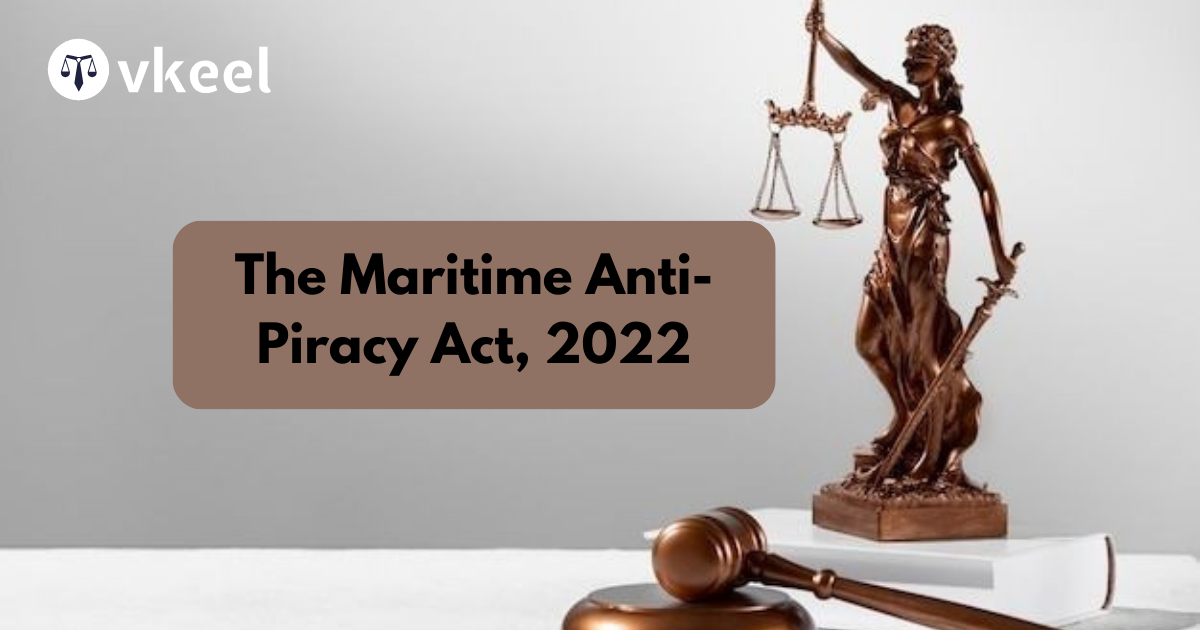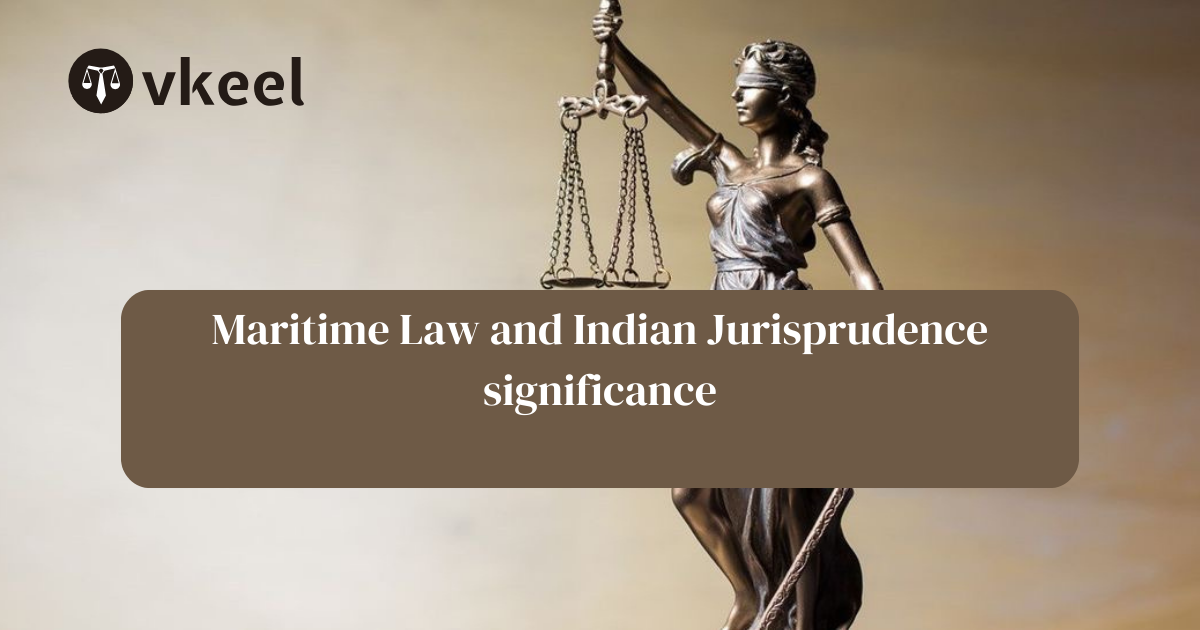Legal Requirements for Crowdfunding and Fundraising: A Comprehensive Overview
By Himanshu Kumar
Table of Contents
Crowdfunding and fundraising have revolutionized the way businesses, entrepreneurs, and non-profits garner financial support. With the advent of platforms like Kickstarter, Indiegogo, and GoFundMe, raising capital has become more accessible to the masses. However, this ease of access also comes with a complex web of legal requirements and regulations that must be navigated.
Crowdfunding involves raising small amounts of money from a large number of people, typically via the internet. This method can take various forms, such as donation-based, reward-based, equity-based, and debt-based crowdfunding.
Fundraising, on the other hand, is a broader term encompassing various activities to solicit and gather voluntary contributions. This can include everything from charity events to large-scale capital campaigns.
Legal Framework for Crowdfunding
Regulatory Bodies
- Securities and Exchange Commission (SEC) – USA: The SEC regulates securities transactions in the United States, including equity-based crowdfunding.
- Financial Conduct Authority (FCA) – UK: The FCA oversees crowdfunding activities in the UK, ensuring consumer protection and market integrity.
- European Securities and Markets Authority (ESMA): ESMA provides guidelines and regulations for crowdfunding across EU member states.
Key Legislation and Amendments
1. Jumpstart Our Business Startups (JOBS) Act – USA
The JOBS Act, enacted in 2012, was a pivotal piece of legislation for crowdfunding in the U.S. Title III of the JOBS Act, also known as the Crowdfund Act, allows startups and small businesses to raise capital through equity crowdfunding.
Key Provisions:
- Companies can raise up to $1 million in a 12-month period through crowdfunding.
- Investors are subject to limits based on their income and net worth.
- Crowdfunding portals must register with the SEC and FINRA (Financial Industry Regulatory Authority).
Amendments:
In 2021, the SEC made several amendments to improve and expand the framework for crowdfunding:
- The maximum offering amount was increased from $1 million to $5 million.
- The investment limits for accredited investors were removed.
- Non-accredited investors can now use the greater of their annual income or net worth when calculating investment limits.
Case Law:
- SEC v. 21st Century Telesis II, Inc. (2003): This case highlighted the SEC’s authority to take action against companies misusing crowdfunding exemptions, emphasizing the importance of accurate disclosures and adherence to regulatory requirements.
2. Financial Conduct Authority (FCA) – UK
The FCA regulates crowdfunding under the Financial Services and Markets Act 2000. The FCA’s approach ensures that crowdfunding platforms operate with transparency and that investors are adequately protected.
Key Provisions:
- Platforms must ensure that investors understand the risks involved.
- Financial promotions must be clear, fair, and not misleading.
- Platforms must segregate client funds from their own.
Amendments:
In 2020, the FCA implemented new rules to enhance transparency and investor protection:
- Platforms are required to assess investors’ knowledge and experience.
- Risk warnings and disclosures must be provided in a standardized format.
- Enhanced due diligence on borrowers and projects is mandatory.
Case Law:
- FCA v. Capital Alternatives Limited (2014): This case reinforced the FCA’s stance on misleading promotions and the necessity for platforms to provide clear and accurate information to investors.
Legal Framework for Fundraising
Fundraising activities, especially for non-profits and charitable organizations, are also subject to stringent legal requirements.
Regulatory Bodies
- Charity Commission – UK: Regulates charities in England and Wales, ensuring compliance with legal requirements.
- Internal Revenue Service (IRS) – USA: Manages tax-exempt status and compliance for non-profits.
Key Legislation and Amendments
1. Charities Act 2011 – UK
The Charities Act 2011 consolidates previous legislation and provides a comprehensive legal framework for charities.
Key Provisions:
- Charities must register with the Charity Commission if their income exceeds a certain threshold.
- Annual reporting and transparency requirements.
- Trustees must act in the best interests of the charity and avoid conflicts of interest.
Amendments:
The Charities Act 2022 introduced several important updates:
- Simplification of the process for amending governing documents.
- Enhanced powers for the Charity Commission to address misconduct.
- Improved clarity on trustee remuneration and benefits.
Case Law:
- Attorney General v. The Charity Commission for England and Wales (2011): This case highlighted the Charity Commission’s role in maintaining public trust and the legal standards charities must adhere to.
2. Internal Revenue Code (IRC) – USA
The IRC provides the legal basis for tax-exempt status under Section 501(c)(3) for charitable organizations.
Key Provisions:
- Charities must operate exclusively for exempt purposes and not engage in substantial lobbying or political activities.
- Annual filing requirements (Form 990) to maintain transparency.
- Donors can deduct contributions from their taxable income.
Amendments:
The Tax Cuts and Jobs Act (TCJA) of 2017 brought significant changes affecting non-profits:
- Increase in the standard deduction, impacting individual charitable giving.
- Introduction of a 21% excise tax on executive compensation exceeding $1 million.
- New rules for Unrelated Business Income Tax (UBIT).
Case Law:
- Bob Jones University v. United States (1983): This landmark case affirmed that organizations must demonstrate a public benefit to qualify for tax-exempt status, establishing important precedents for compliance and eligibility.
Compliance Challenges and Best Practices
Organizations engaging in crowdfunding and fundraising must navigate numerous legal challenges to ensure compliance and protect their interests.
1. Due Diligence and Transparency
Accurate and comprehensive disclosure is paramount. Misleading information can lead to legal repercussions and damage reputations.
2. Adherence to Financial Regulations
Strict adherence to financial regulations, including anti-money laundering (AML) and know your customer (KYC) requirements, is essential.
3. Intellectual Property Considerations
Projects and campaigns must respect intellectual property laws, ensuring that content and ideas are original or properly licensed.
4. Privacy and Data Protection
Handling personal data of donors and investors requires compliance with privacy laws such as the General Data Protection Regulation (GDPR) in the EU and the California Consumer Privacy Act (CCPA) in the USA.
Future Trends and Developments
The legal landscape for crowdfunding and fundraising continues to evolve. Key trends include:
1. Increased Regulatory Scrutiny
Regulators are likely to impose stricter requirements to protect investors and ensure the integrity of crowdfunding platforms.
2. Technological Advancements
Blockchain and smart contracts could revolutionize fundraising by providing transparent, secure, and efficient mechanisms for transactions.
3. Global Harmonization
Efforts are underway to harmonize regulations across jurisdictions, facilitating cross-border fundraising and investment activities.
Conclusion
Crowdfunding and fundraising offer tremendous opportunities for innovation and growth, but they come with significant legal responsibilities. Understanding and complying with the relevant laws and regulations is crucial for success. By staying informed about the legal requirements and proactively addressing compliance challenges, organizations can effectively leverage these powerful tools to achieve their goals.
Disclaimer:
The information provided in the article is for general informational purposes only, and is not intended to constitute legal advice or to be relied upon as a substitute for legal advice. Furthermore, any information contained in the article is not guaranteed to be current, complete or accurate. If you require legal advice or representation, you should contact an attorney or law firm directly. We are not responsible for any damages resulting from any reliance on the content of this website.










